Hawaii’s absence from the latest national airline passenger protection effort by the Department of Transportation raises questions. That is truer than ever following yesterday’s article about the Hawaii government’s travel-industry-related corruption.
In what we hope will become a significant directional shift bolstering airline passenger rights, the U.S. Department of Transportation unveiled the Airline Passenger Protection Partnership. This initiative was formed in collaboration with 18 state attorneys generals who signed a Memorandum of Understanding (MOU) with the Department of Transportation. It is intended to enforce consumer protection laws against airlines and travel agents vigorously.
Is your state on the list of those participating?
Secretary Buttigieg signed MOUs with the Attorneys General of California, Colorado, Connecticut, District of Columbia, Illinois, Maine, Maryland, Michigan, Nevada, New York, New Hampshire, North Carolina, the Northern Mariana Islands, Oklahoma, Pennsylvania, Rhode Island, the United States Virgin Islands, and Wisconsin. Another 7 attorneys general – Delaware, Massachusetts, Minnesota, Oregon, Tennessee, Vermont, and Washington – have expressed an interest in doing so.
Despite Hawaii being among the most heavily reliant in the country on air travel, the state’s absence from this list of signers creates questions among industry watchers and consumers alike.
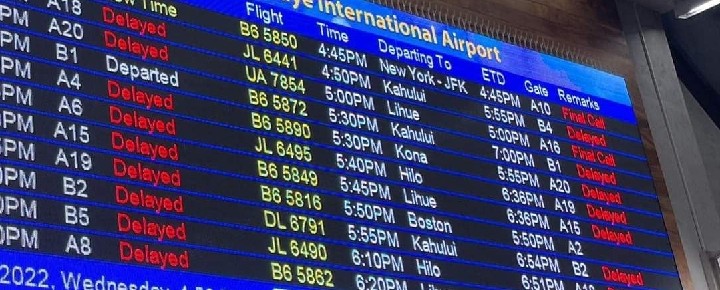

Hawaii is uniquely air-transportation dependent.
Hawaii’s unique geographical position makes air travel not just a convenience but a necessity for its residents, and Hawaii visitors who rely on airlines for everything from leisure and business travel to medical appointments. The absence of Hawaii’s Attorney General, Anne E. Lopez, from this partnership thus begs an important question: why has Hawaii chosen to stay on the sidelines?
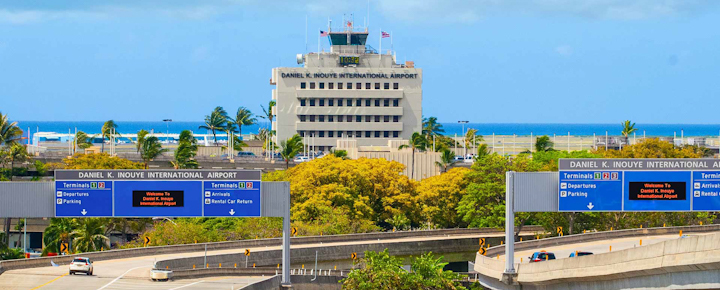

The reasons behind Hawaii’s decision.
While no official statement explains why Hawaii did not join this partnership, several hypotheses can be considered. The state may already be pursuing similar goals through local measures, have inadequate resources to participate, or otherwise find joining the national partnership incompatible with its current strategies. We contacted the attorney general’s office to see their take but have not heard back.
Implications for Hawaii’s air travelers.
The initiative is to create a closer collaboration between states’ attorneys general and the US DOT and fast-track consumer complaints. Hawaii’s non-participation could have several implications. Without direct involvement in this national initiative, Hawaii may not benefit equally from the shared resources and expedited processes the partnership intends to create to enforce airline accountability. This situation might disadvantage Hawaii visitors and residents when dealing with airline misconduct compared to their mainland counterparts.
Calls for increased transparency and state action.
This national effort underscores the need for greater transparency about airline consumer protection strategies, including in Hawaii. The possibility also exists that Hawaii could join the partnership later or develop its own framework. We hope to learn more.
US DOT passenger rights are woefully inadequate.
The agency has been enhancing its airline consumer protection initiatives for 2024. Key measures focus on increased transparency around airline fees, such as baggage, ticket changes, and family seating, starting from the initial display of airfares. In addition, there’s a strong emphasis on improving customer service standards and tightening rules on refunds and cancellations to support travelers better.
Is U.S. DOT more pro-consumer or pro-airline?
Concerns about the perceived alignment of USDOT’s actions with airline interests remain, but recent initiatives suggest a growing focus on enhancing consumer protections. However, with its comprehensive and better-enforced regulations, the EU appears to be more uniformly protective of passengers.
Europe airline consumer protections tend to offer more help.
For example, EC 261 is a comprehensive regulation that mandates compensation for passengers in cases of delays, cancellations, and denied boarding. Compensation can be as high as 600 euros, depending on the flight distance and delay duration. Beat of Hawaii editors can attest to that policy and have each received a 600 euro refund for a previous flight delay.
European rules also require airlines to provide meals and accommodation during long delays in rules that are more clearly defined compared with policies in the U.S.
While the U.S. and Europe attempt to provide some protection for airline consumers, the EU’s regulations are generally considered more passenger-friendly, especially regarding compensation and immediate care during travel disruptions.
As Hawaii visitors and residents continue to navigate the ever-increasing complexities of air travel, the state’s approach to protecting airline passengers should remain under scrutiny. Whether or not the state joins the Airline Passenger Protection Partnership, the goal should be to ensure fair treatment and safeguards for the rights of all passengers flying to, from, or within Hawaii.
Please share your thoughts on airline passenger rights.
Get Breaking Hawaii Travel News
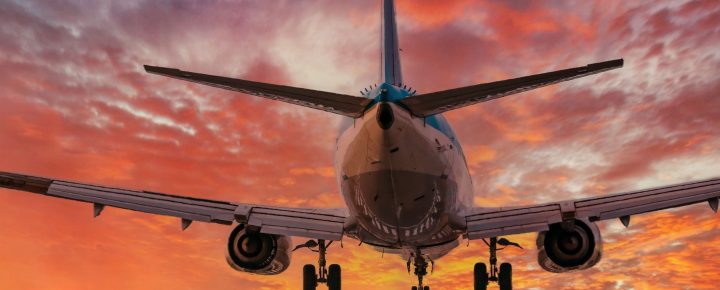
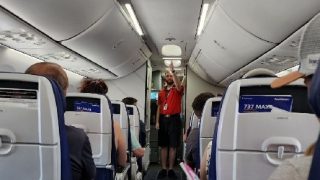
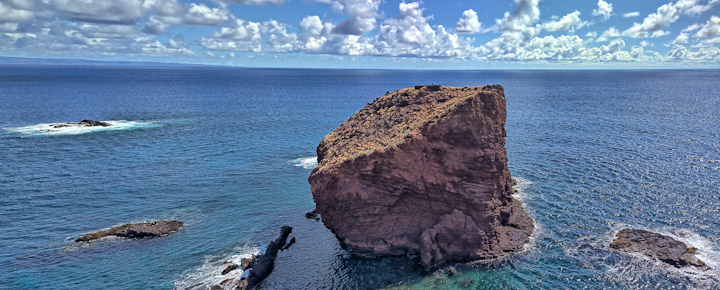
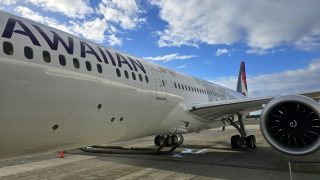
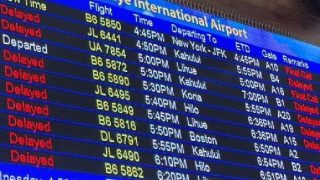


I hope you guys follow up until you get an answer from the attorney general. It is totally unacceptable for them to blow you off on this subject. Do you plan to contact the governor if she refuses to answer?
Comment from John S. may be sarcastic, but not out of the realm of possibility.
Never attribute to malice what can be explained by indifference. Hawaii has probably not joined the Airline Passenger Protective Partnership because the Attorney General is unaware of it. I’m sure there are some junior staffers who know about it, but when they try to bring it up they are told to shut up and fetch the malasadas.
One of the probable reasons Hawaii didn’t sign up for this:
No. Port. Authority. HDOT is incapable of even fathoming passenger rights.